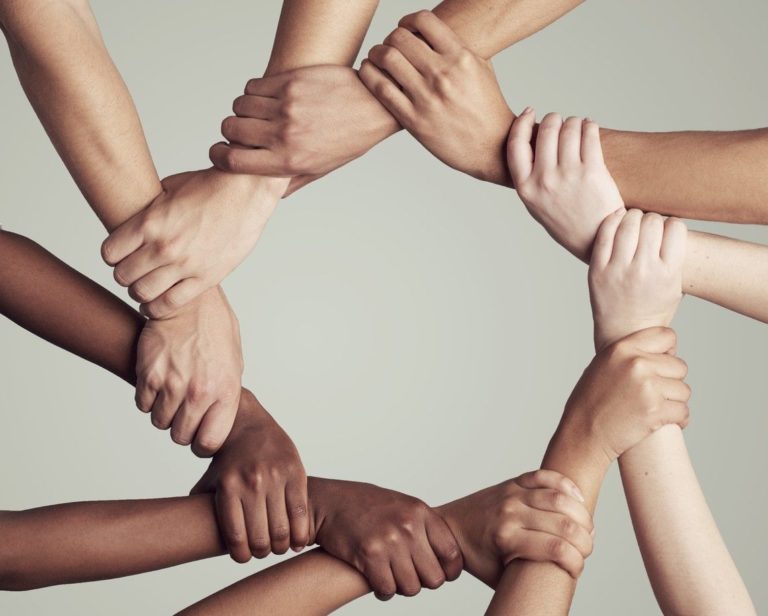Social justice movements get sticky sometimes. It makes sense – we’re humans. We come from different backgrounds and it isn’t surprising for our knee-jerk reaction to be defensive when these beliefs feel challenged or vulnerable.
We get that, but we also want to challenge it. So does this guide to allyship – a constantly shifting, open-source manual that provides resources on becoming a truly effective ally. They ask us to challenge our defenses.
“What’s different about this guide is that I want it to be contributed to by people from all walks of life,” states the guide’s original creator, Amélie Lamont.
“Anyone has the capability to be an ally. An ally recognizes that though they are not a member of a marginalized group(s) they support, they make a concerted effort to better understand the struggle.”
Here are a few takeaways:
Listening is absolutely key. The guide reminds us that mistakes are to be expected. Some folks who want to be allies are hesitant to speak up because they are afraid they’ll sound ignorant or make a mistake. Our society is a constantly shifting organism – we’re all in a constant state of learning and unlearning – and as long as we are willing to put in the hard work to understand another person’s point of view and change our actions, a mistake made with good intentions is a-ok. You’re community will know if your heart was in the right place. Do your research. Put in the work! Take it upon yourself to use the tools around you to learn and answer your questions. In turn, this will likely make you less timid about taking part in social and political conversations. Become a history buff. Knowledge is sexy. Do your research to learn more about the history of the struggle in which you are participating. To get you on your way, here’s an illuminating piece by Roxanne Gay on the making of the Black Lives Matter movement, and how allies need to challenge oppression as if it’s their own. This is a movement by all of us. Let’s pick up the proverbial torch, the pen, the instrument, the megaphone, the iPhone, and start helping thy neighbors.Keep growing, keep learning, keep fighting. #happyfriday
A post shared by Forward March NY (@forwardmarchny) on



